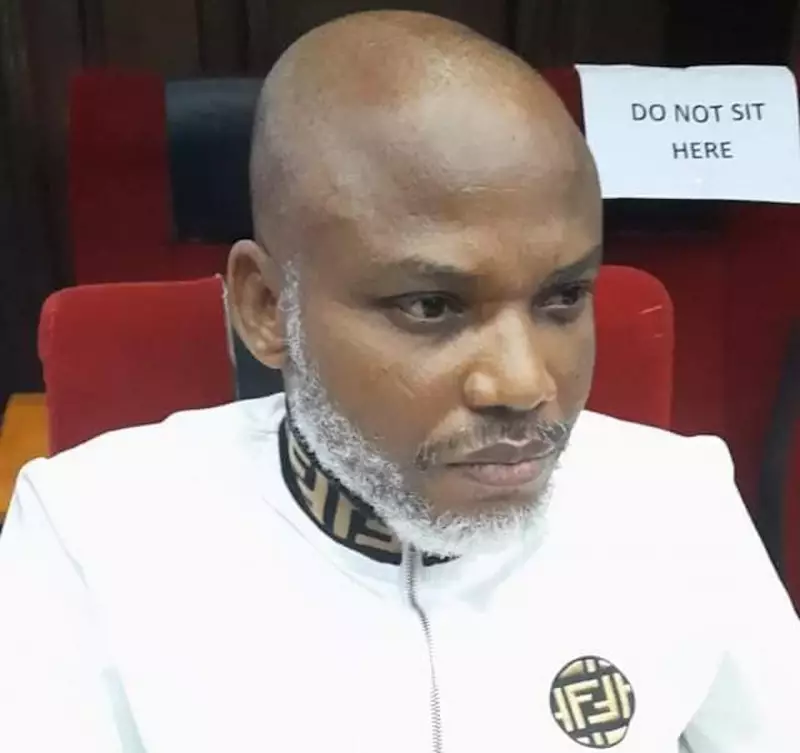
In a dramatic courtroom development that has captured national attention, the Federal High Court in Abuja has delivered a stern ultimatum to detained Indigenous People of Biafra (IPOB) leader Nnamdi Kanu.
Justice Binta Nyako, presiding over the high-profile case, has given the controversial activist until November 5, 2024 to formally enter his defense against the terrorism charges brought against him by the Federal Government.
Court's Firm Stance on Legal Proceedings
The judicial ruling came during Thursday's session, where Justice Nyako made it unequivocally clear that failure by Kanu to present his defense by the specified date would result in the forfeiture of his right to do so. This decision marks a critical juncture in the long-running legal battle that has kept the nation on edge.
"The court will not tolerate further delays in this matter," Justice Nyako declared from the bench, emphasizing the judiciary's commitment to moving the case forward without unnecessary postponements.
Background of the Protracted Legal Battle
Nnamdi Kanu, who leads the separatist movement seeking an independent Biafran state, has been in detention since his extraordinary rendition from Kenya in 2021. The Federal Government has leveled serious allegations against him, including:
- Terrorism-related offenses
- Treasonable felony
- Illegal possession of firearms
- Management of unlawful society
The case has witnessed numerous adjournments and legal maneuvers from both prosecution and defense teams, creating a complex web of judicial proceedings that has stretched over several years.
What November 5 Means for Kanu's Case
The November 5 deadline represents more than just another court date—it's a pivotal moment that could determine the trajectory of Kanu's legal defense. Legal experts suggest that failing to meet this deadline could significantly weaken his position and potentially lead to swift judgment from the court.
This development comes amid ongoing tensions in Nigeria's Southeast region, where Kanu's detention continues to fuel protests and calls for his release by IPOB supporters and human rights organizations.
The international community continues to monitor the case closely, with various groups expressing concerns about the implications for freedom of expression and the treatment of separatist movements in Nigeria.





